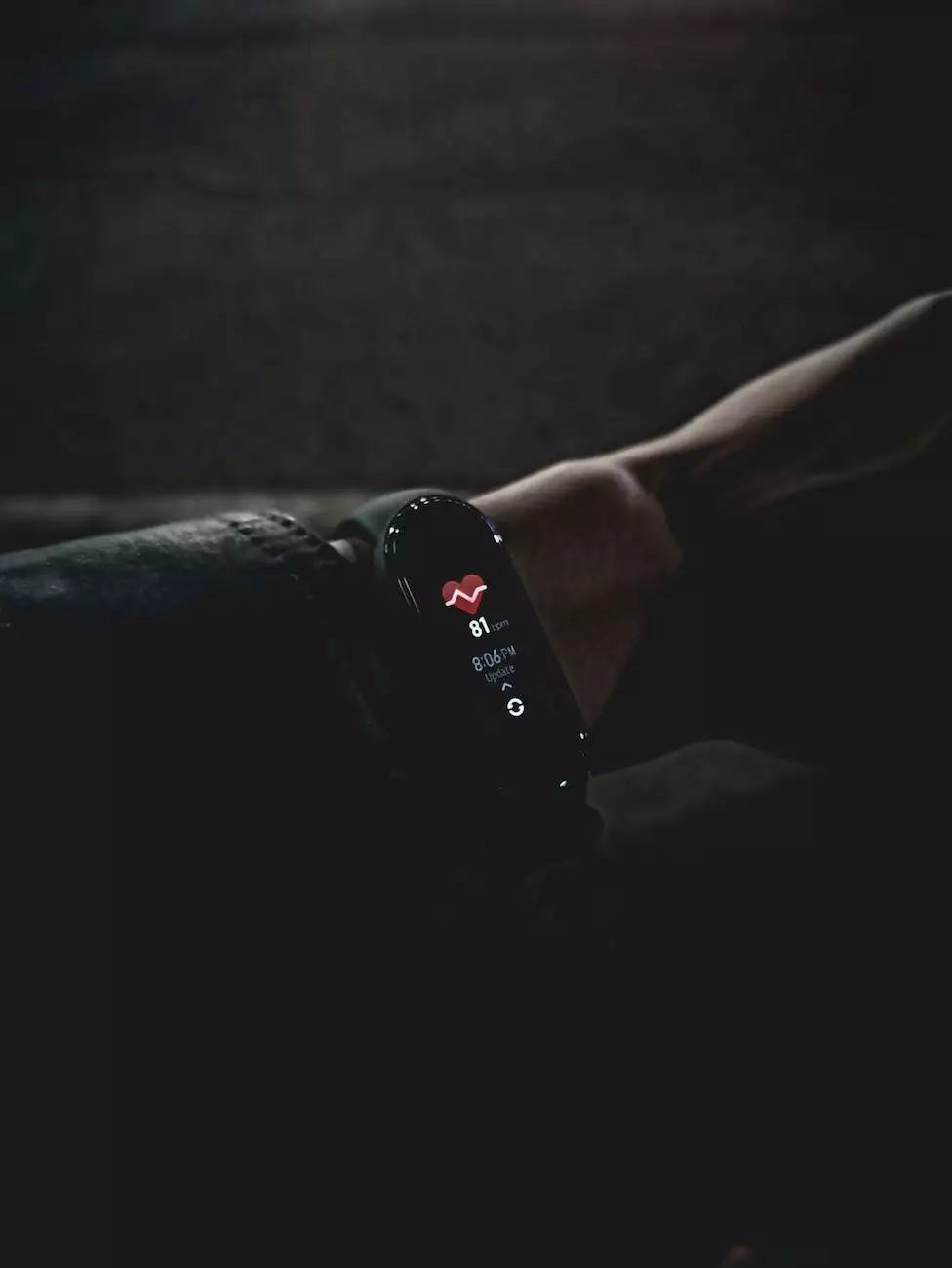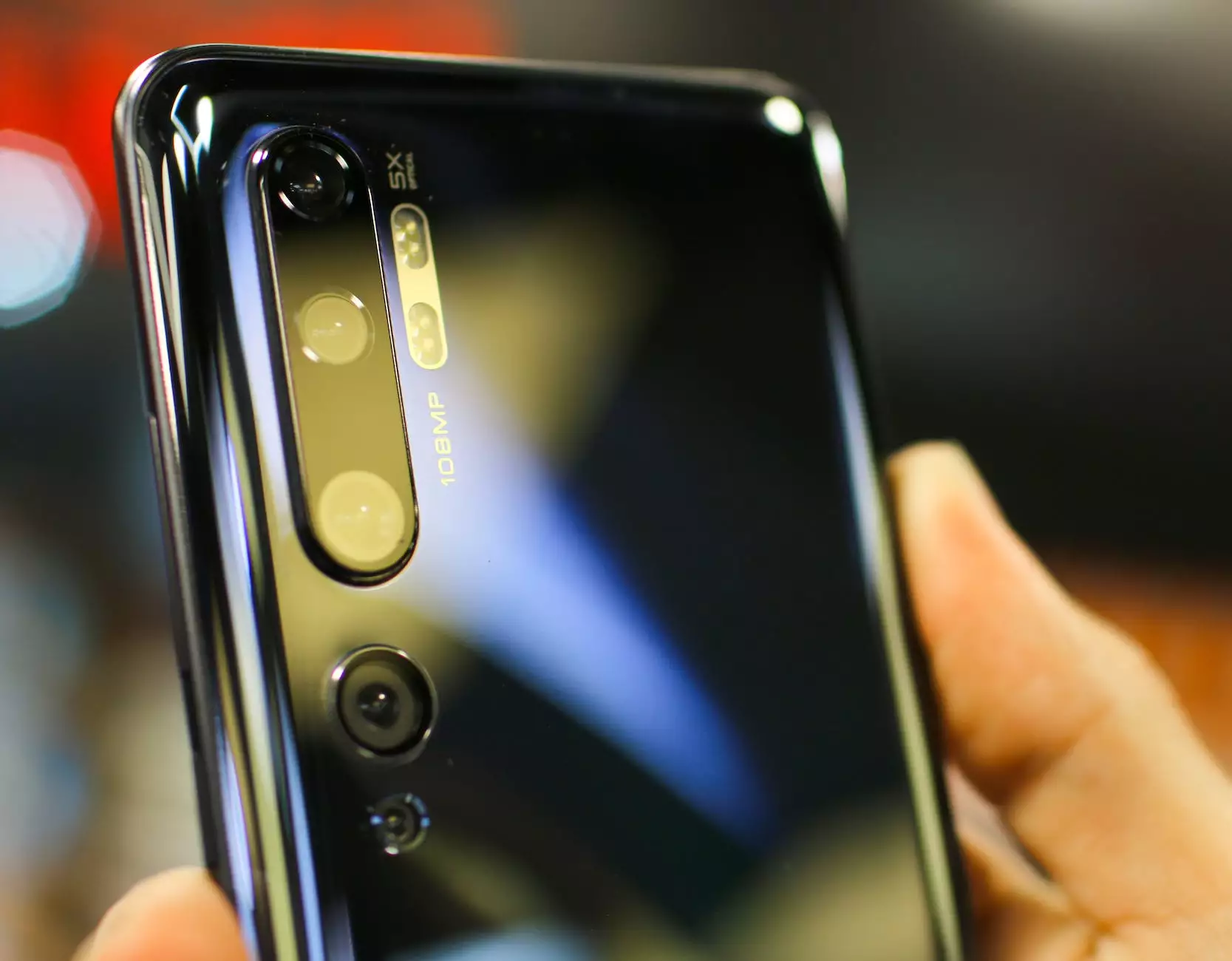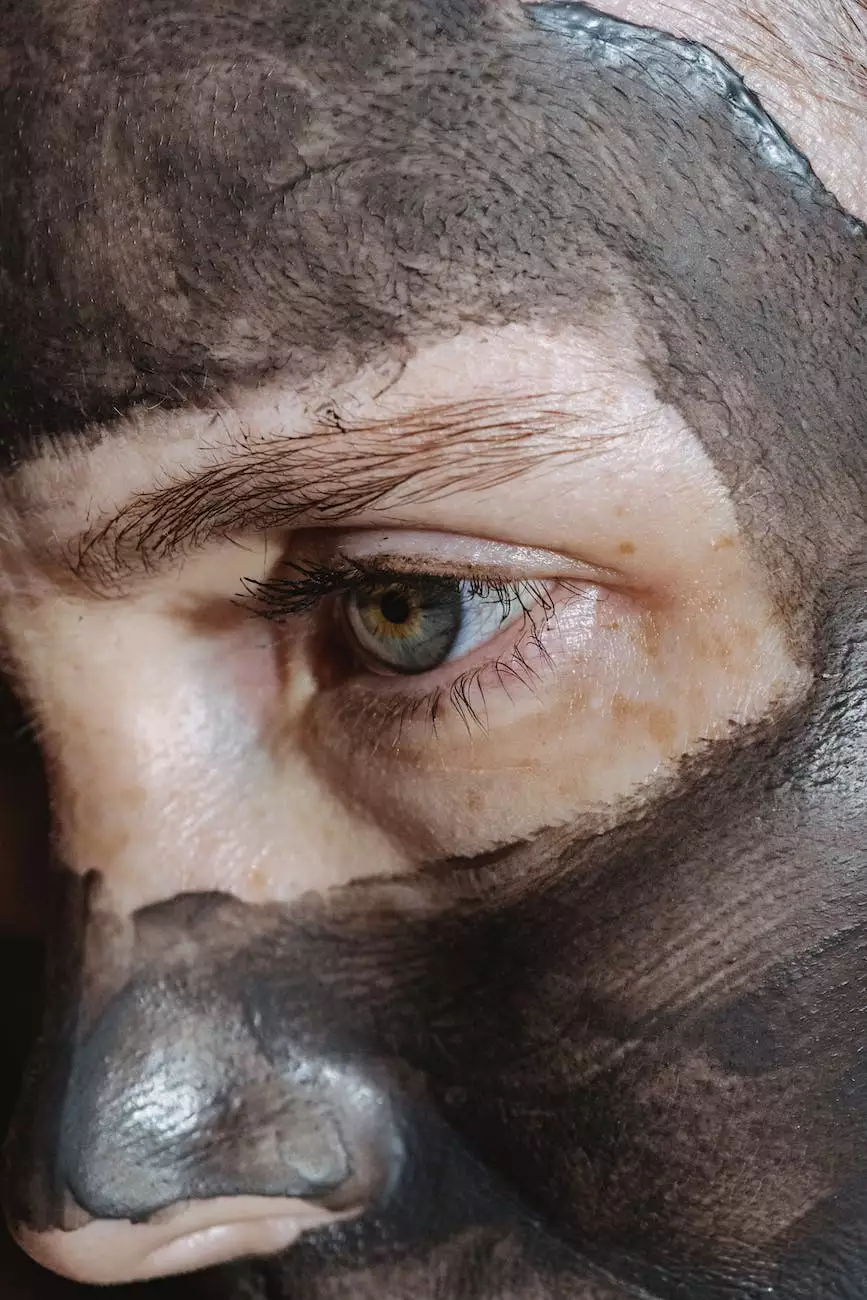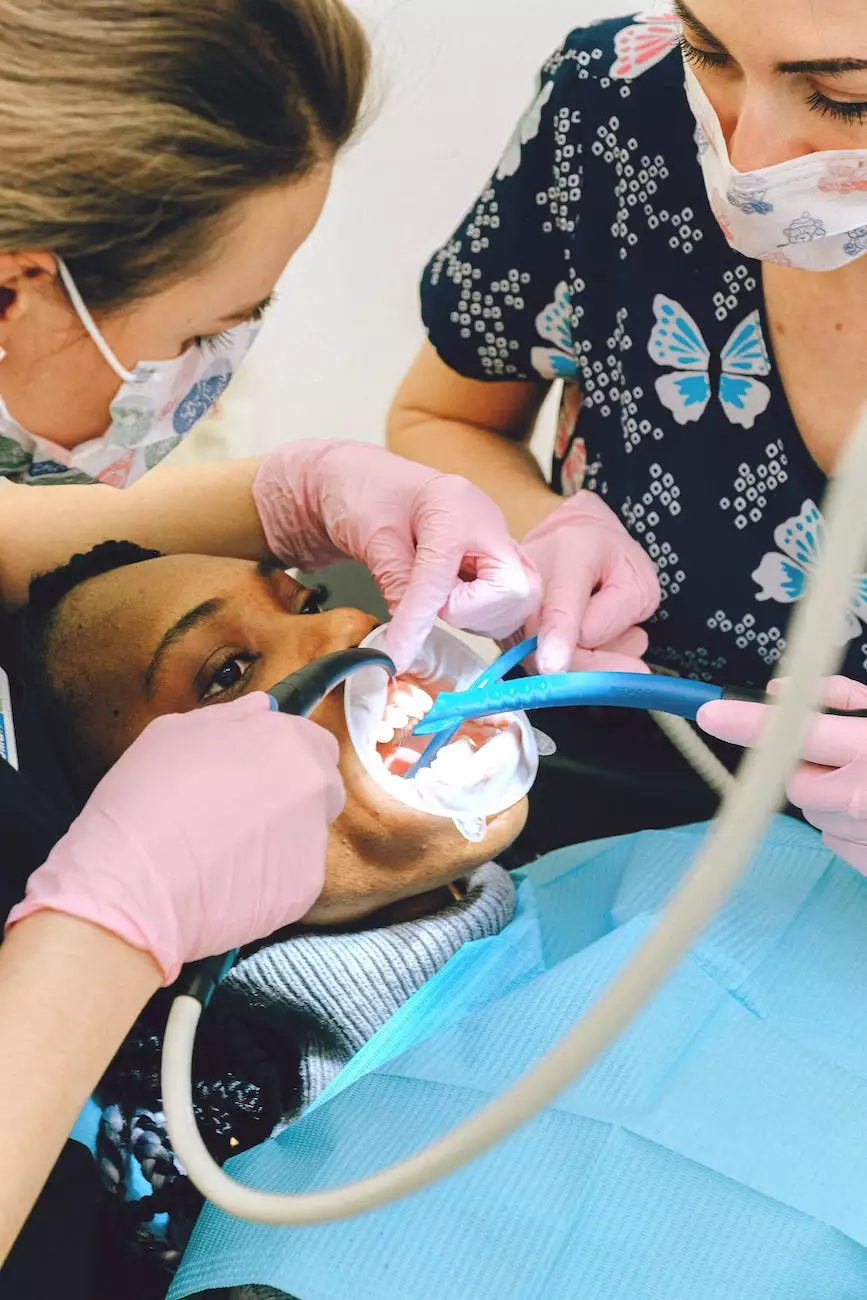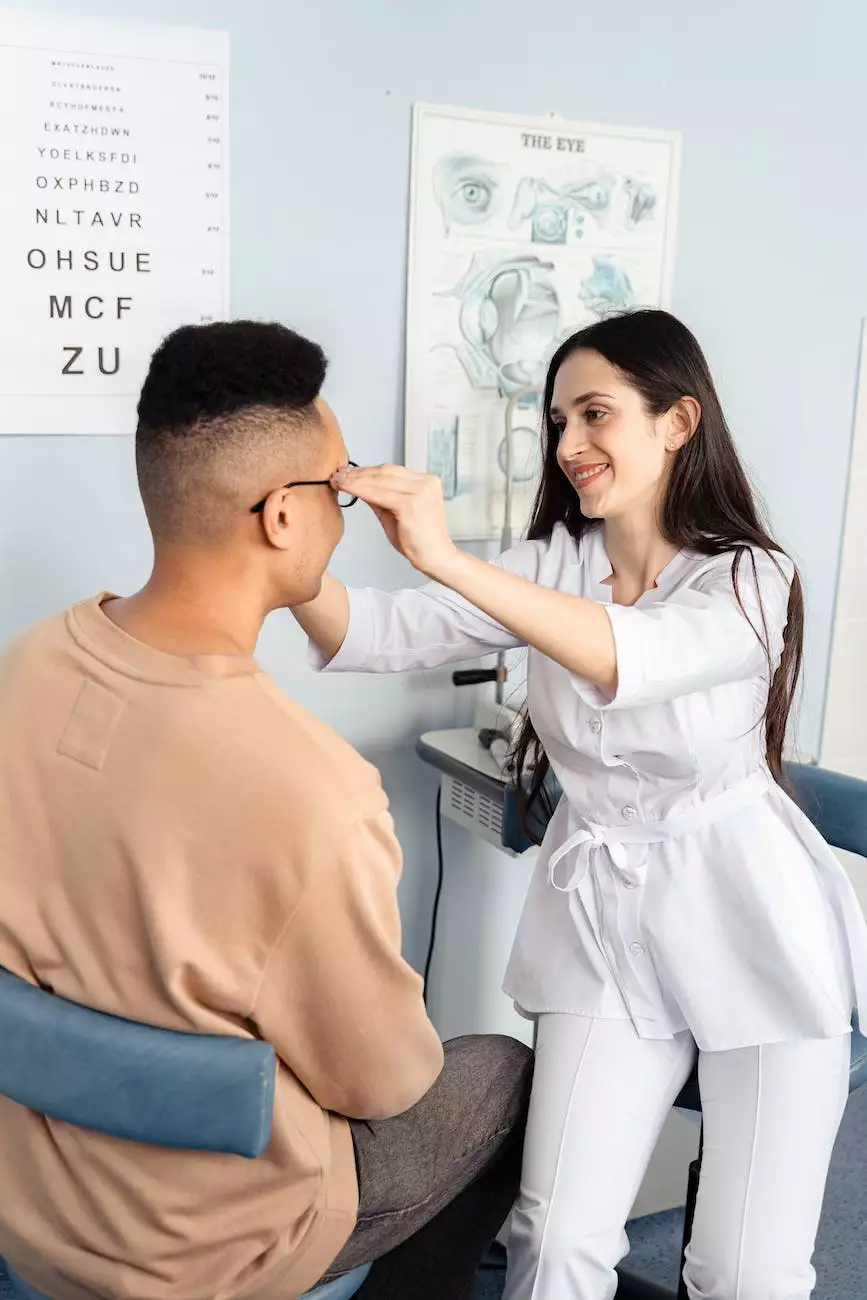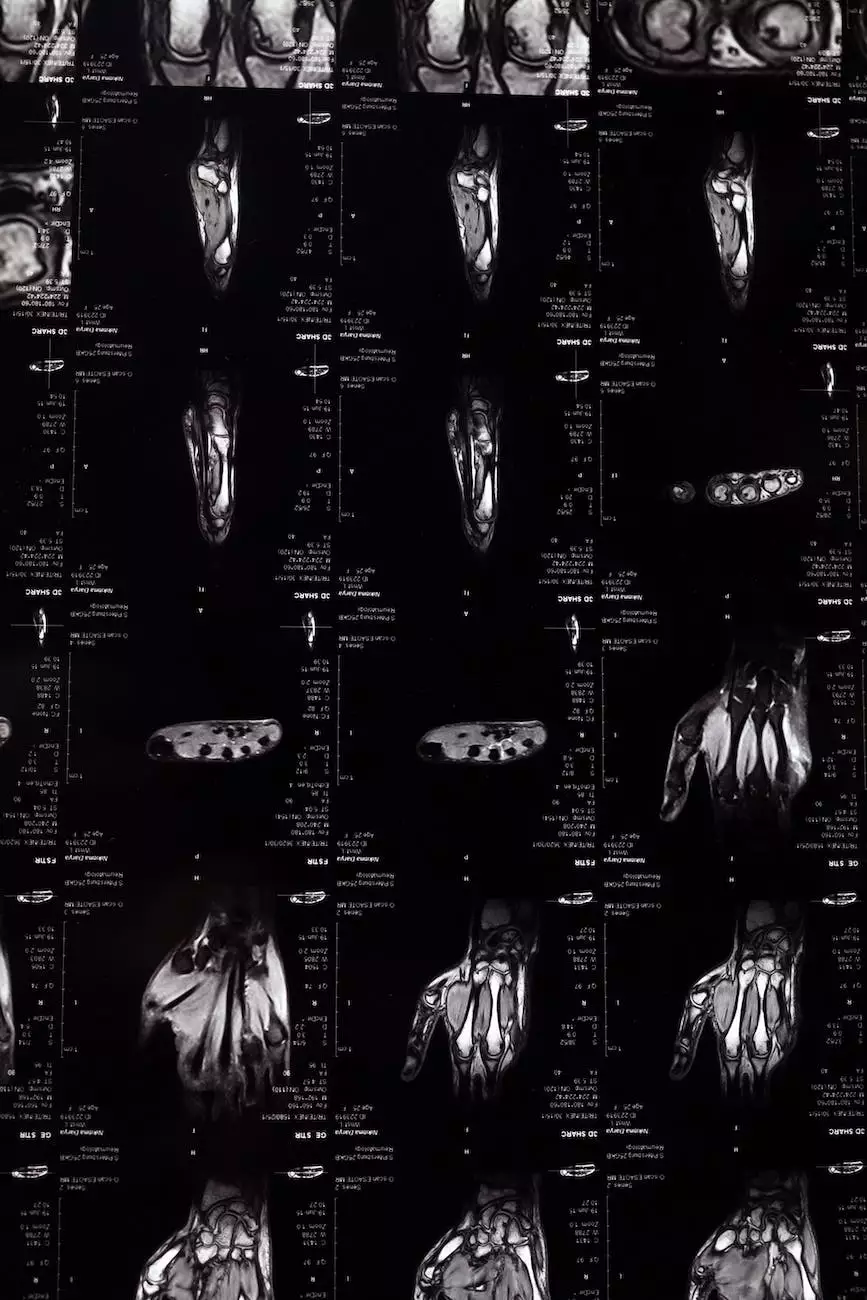Myopia in Jenison, MI - Lifetime Eyecare
Eye Care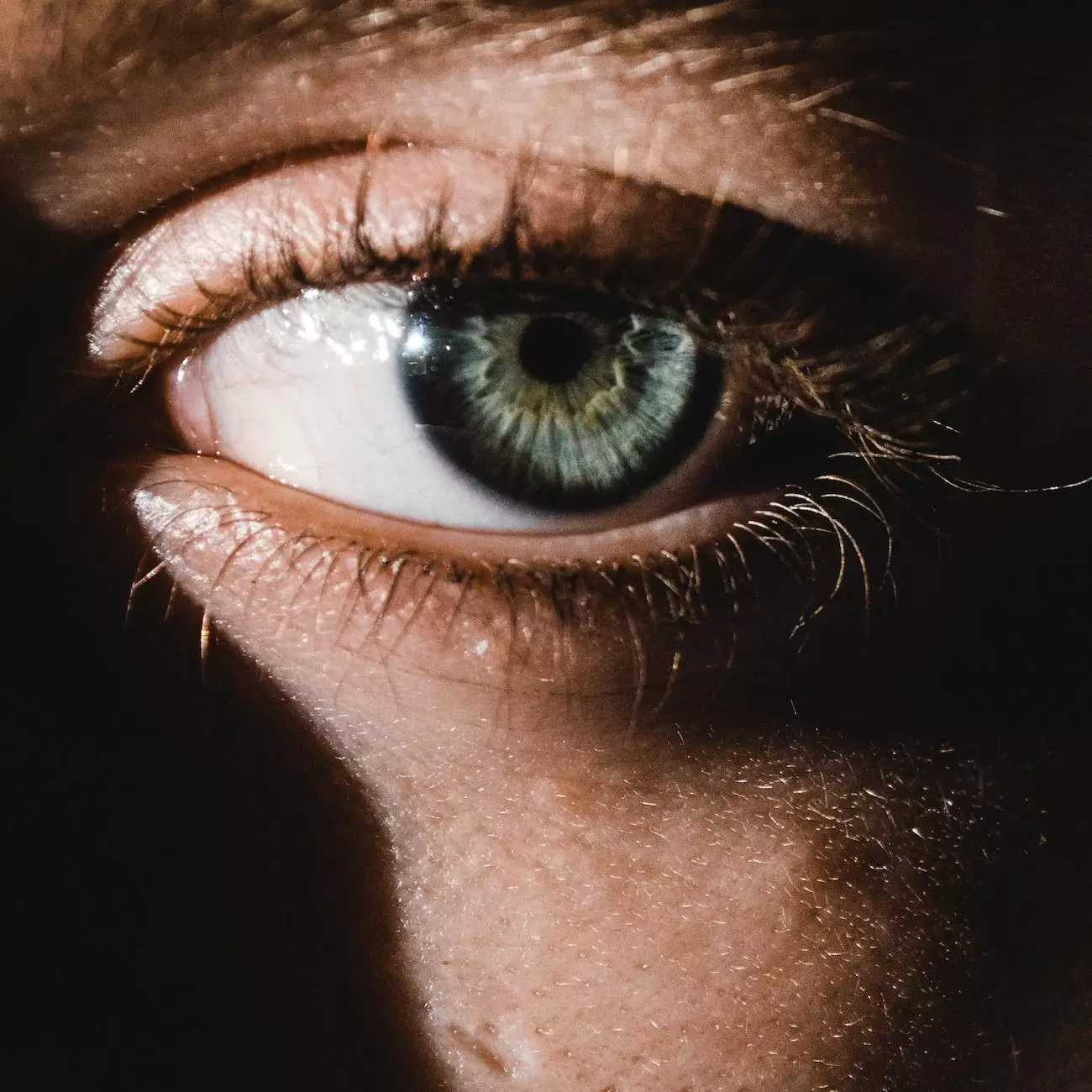
Understanding Myopia
David J Scholten, OD, PC is proud to offer comprehensive eye care services for individuals in Jenison, MI. With a focus on providing personalized care, we aim to educate our patients on common eye conditions. In this article, we will be discussing myopia, its causes, symptoms, and available treatment options.
What is Myopia?
Myopia, commonly known as nearsightedness, is a refractive error that affects the eye's ability to focus on distant objects. People with myopia tend to have clear vision when looking at objects nearby but experience blurry vision when trying to focus on distant objects.
Causes of Myopia
There are several factors that contribute to the development of myopia:
- Genetics: Myopia often runs in families, suggesting a genetic predisposition.
- Environmental Factors: Activities such as excessive screen time and lack of outdoor exposure may increase the risk of myopia.
- Eye Strain: Engaging in activities that require intense near vision, such as reading or working on a computer for extended periods, can strain the eyes and contribute to the development of myopia.
Common Symptoms
Recognizing the symptoms of myopia is crucial in seeking early intervention. Some common signs and symptoms include:
- Blurry vision when looking at distant objects
- Squinting or straining to see clearly
- Headaches or eyestrain
- Difficulty seeing clearly while driving or playing sports
Managing Myopia
At David J Scholten, OD, PC, we offer several management options for myopia:
1. Prescription Glasses or Contact Lenses
Prescription glasses or contact lenses are common and effective ways to correct myopia. By wearing the appropriate corrective lenses, individuals can achieve clear vision and reduce eye strain.
2. Orthokeratology (Ortho-K)
Ortho-K is a non-surgical treatment option for myopia. It involves wearing specially designed gas-permeable lenses overnight to temporarily reshape the cornea. This allows for clear vision during the day without the need for glasses or contacts.
3. Atropine Eye Drops
Atropine eye drops can be used to slow down the progression of myopia. These drops work by relaxing the focusing muscles in the eye, reducing strain and minimizing the worsening of myopia over time.
4. Multifocal Contact Lenses
Multifocal contact lenses are another option for managing myopia. These lenses have different power zones that help individuals see clearly at various distances, reducing the reliance on glasses.
5. Lifestyle Modifications
Practicing healthy eye habits can also aid in managing myopia. Recommendations may include taking regular breaks from near work, spending more time outdoors, and maintaining proper lighting conditions.
Book Your Appointment Today
If you or a loved one are experiencing symptoms of myopia or would like to learn more about available treatment options, contact David J Scholten, OD, PC today. Our team of experienced eye care professionals is dedicated to providing exceptional care and personalized solutions to enhance your vision and overall eye health.
Don't let myopia limit your daily activities. Take the first step towards clearer vision by scheduling an appointment with us today!
